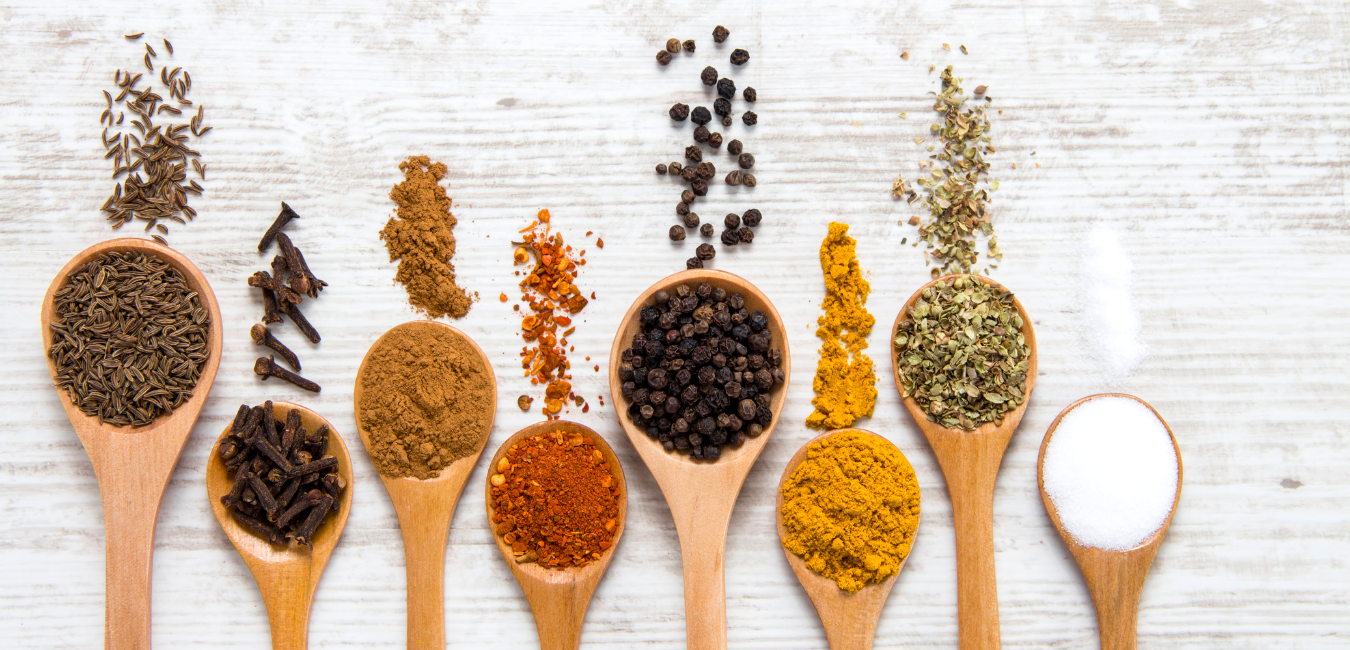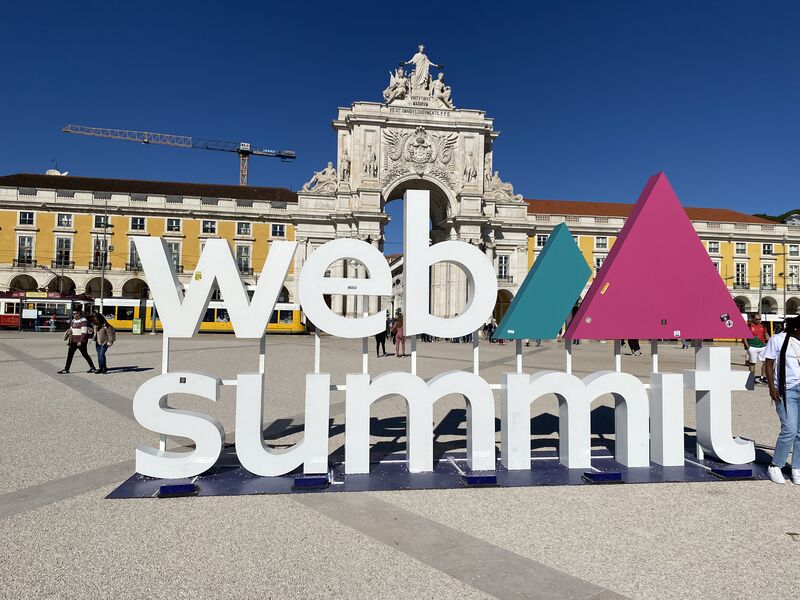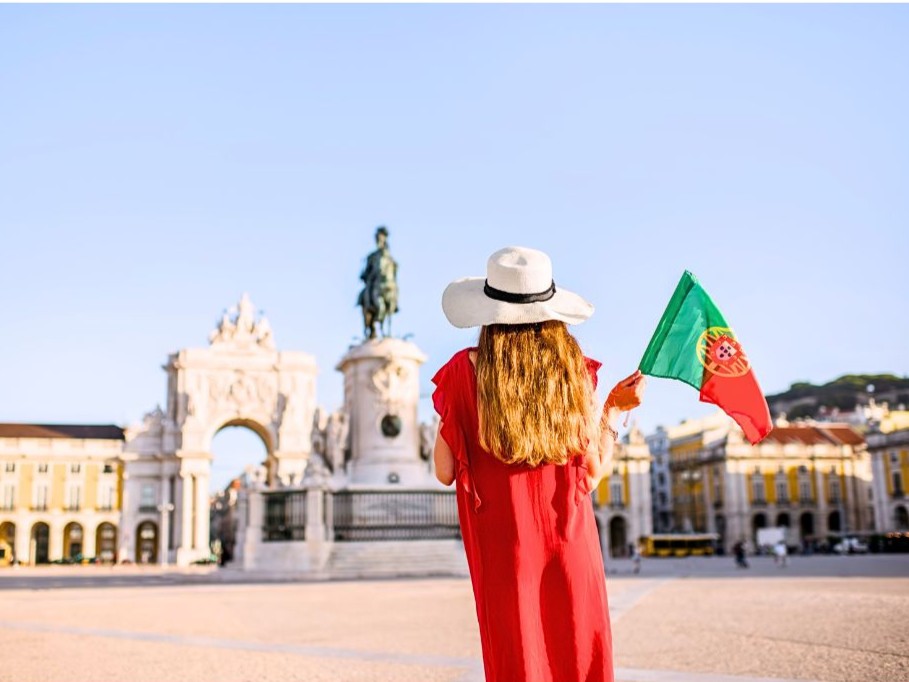How do we celebrate holidays?
Holidays in Portugal and the Netherlands vary in terms of their origins, cultural significance, and the ways they are celebrated. The holidays are shaped by each country’s history, religious influences, and cultural identity. These differences have impact when a Dutch and a Portuguese company collaborate in a nearshore project. That’s the reason we at Obras Technology believe it is an interesting topic to address. How many holidays do you have? And what is the significance in your culture? In this blog we break down some of the quirks we have discovered about holidays in Portugal and The Netherlands.
Religious influence and origins
Many Portuguese holidays stem from the country’s long history as a predominantly Catholic nation. Many of its public holidays are connected to religious events, such as Christmas (Natal), Easter (Páscoa), All Saints’ Day (Dia de Todos os Santos), and Feast of the Immaculate Conception (Imaculada Conceição). Other Catholic Saints’ days are also widely celebrated, especially in local communities.
The Netherlands – in general – has a more secular holiday culture, though historically Protestant (specifically Calvinist). As a result, there are fewer religious holidays compared to Portugal. Traditional Dutch holidays are more focused on celebrating the national identity and tradition rather than religion. Important holidays include Christmas (Kerstmis) and Easter (Pasen), but the religious aspects are often less visible.
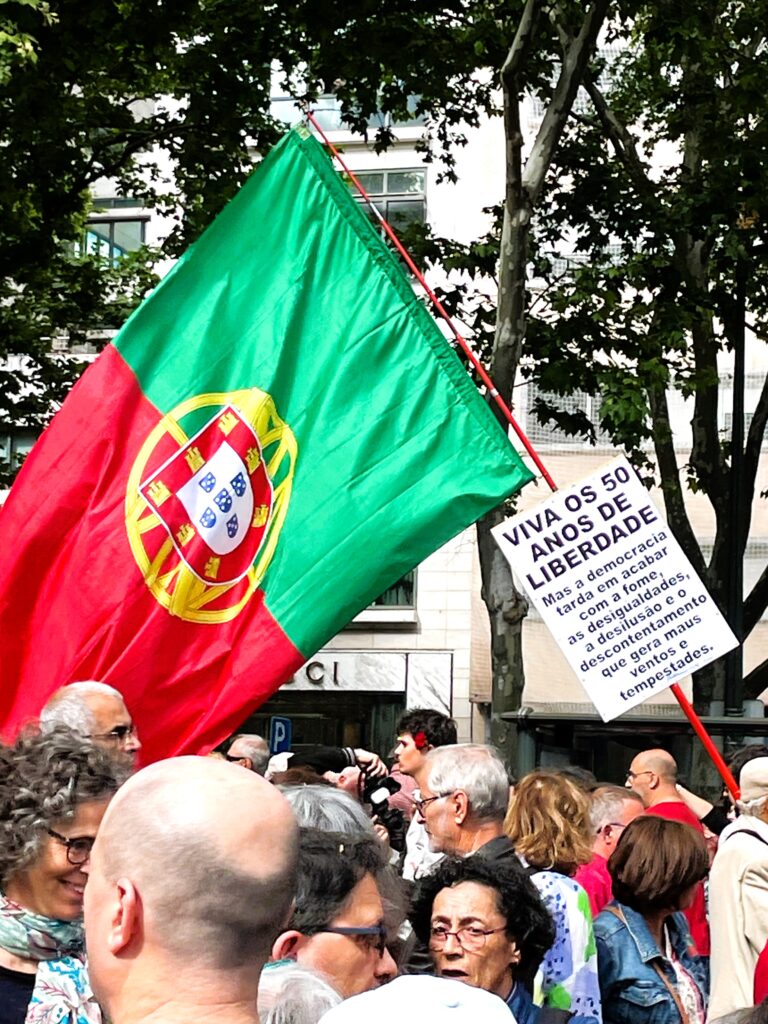
Some key holidays and celebrations in Portugal
In Portugal, Carnival is usually celebrated in February or March, in the weeks leading up to Lent. The festivities take place outdoors, with parades and street parties. Elaborate costumes add to the visual spectacle of the event. Towns like Ovar, Sesimbra and Torres Vedras have particularly famous festivities. April 25 (Dia de Liberdade) celebrates freedom and this holiday commemorates the Carnation Revolution of 1974 that ended Portugal’s dictatorship. It is a highly significant day for national pride, celebrating freedom and honouring the democracy.
June is marked by celebrating a string of Catholic Saints (Santos Populares) like Santo António (Lisbon), São João (Porto) and São Pedro (many other towns). These saints are celebrated with lively street festivals with music, parades, foods like grilled sardines, and fireworks. This is a great time to visit Portugal and to relax and celebrate with your nearshore team in an informal setting.
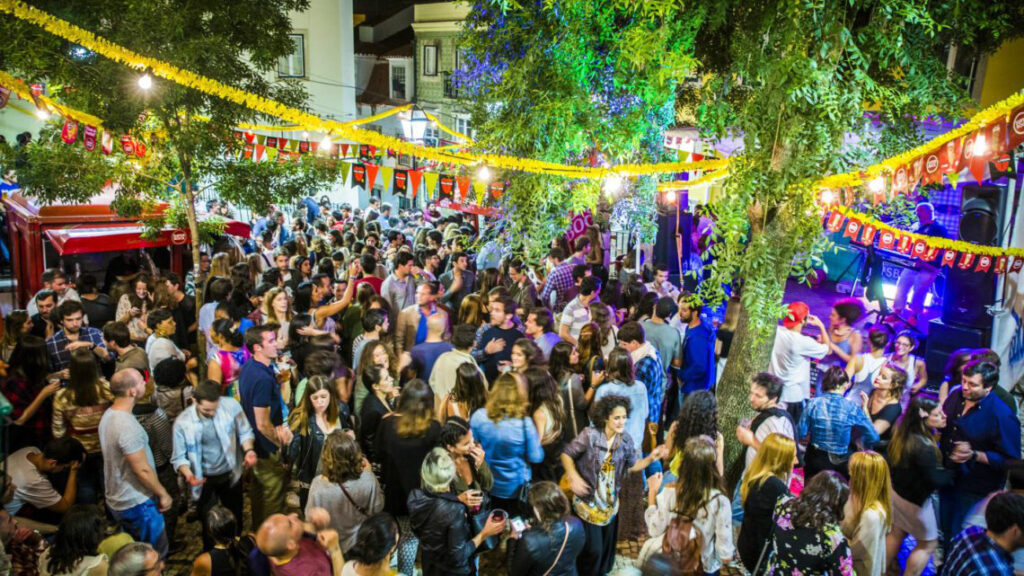
Festivities in The Netherlands
Carnival in the Netherlands is a traditionally celebrated in the southern (Catholic) regions, especially in North Brabant and Limburg. The festival features parades, costumes, music, and lively celebrations in pubs and on the streets. A lot of towns adopt a temporary carnival name and symbolically transfer the power to the “Carnival Prince”. King’s Day (Koningsdag), celebrated on April 27, is one of the most important national holidays. Its origins lies in celebrating the Dutch monarch’s birthday. But it is just an excuse for huge gatherings, lively street markets, music festivals and other parties attended by sea of people wearing orange (the royal colour). This is a good time to combine your business trip to The Netherlands with some outdoor fun in Amsterdam.
Liberation Day (Bevrijdingsdag) is on May 5th. This day celebrates the liberation of the Netherlands from Nazi occupation at the end of World War II. It is a day of remembrance and celebration of freedom. On the 5th of December Dutch families celebrate Sinterklaas (St. Nicholas Eve), where children receive gifts and treats.
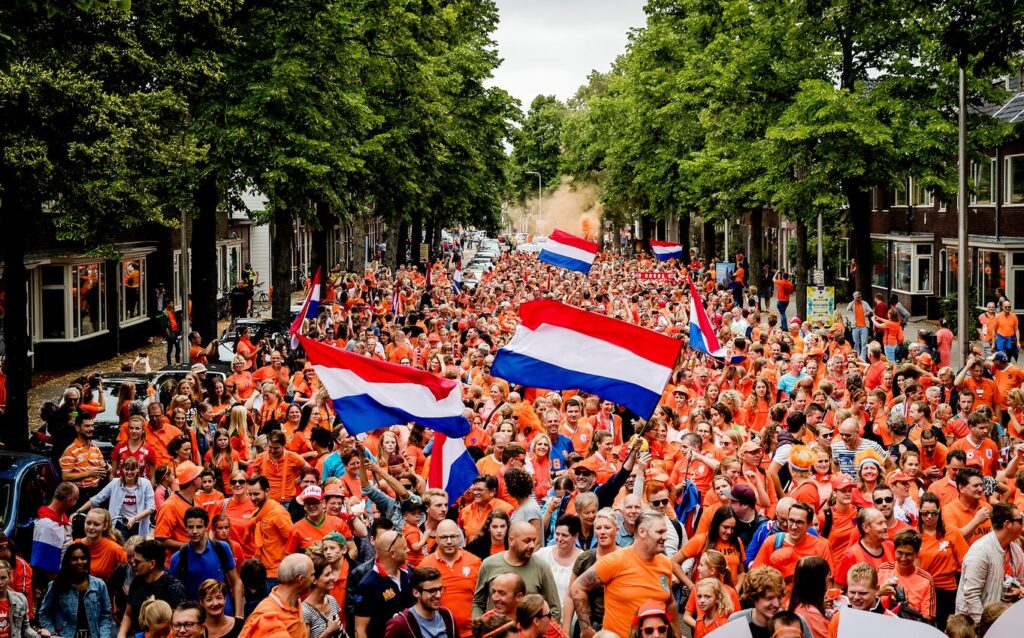
Portuguese food traditions
In Portugal holiday meals are a significant part of Portuguese celebrations. Food is central to communal gatherings, with rich, hearty dishes and sweets playing a big role. Specific foods are served in specific regions, during specific holidays. For instance, during Christmas time in Lisbon “Bacalhau da Consoada” is traditionally served, while in Porto “Polvo Assado” is a key fixture. Every region (and every family) has its favourite Christmas dish.But the one thing they have in common that all festive meals are accompanied by many sweets, cookies and cakes, such as “Bolo-Rei”, “Sonhos”, “Ovos Moles” and of course the well-known “Pasteis de Nata”, among many other sweets and treats.
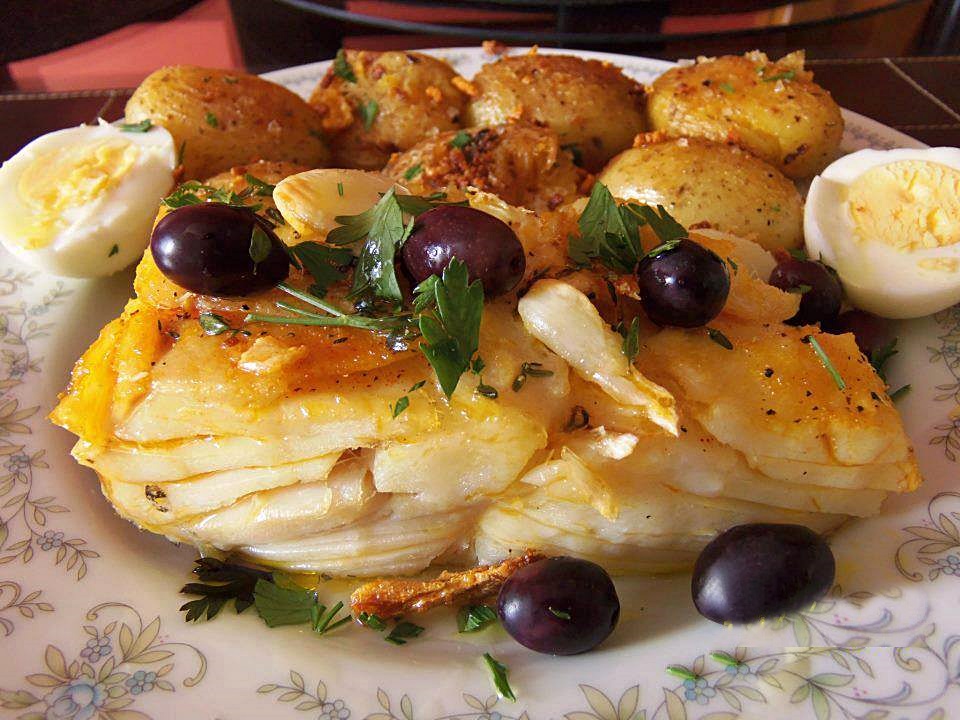
Dutch holiday meals
Dutch holiday food is generally simpler, but there are some distinct traditional treats. A good example are “pepernoten” (small spiced cookies) during Sinterklaas festivities and “oliebollen” (deep-fried dough balls) which are eaten on New Year’s Eve. Holiday meals are typically enjoyed with family or a small group of friends. Dutch meals are typically less elaborate than in Portugal, but the Christmas dinners hold a special place. Some families cook a 3-course meal or host a buffet. But we can’t forget to mention “gourmetten”; a popular Dutch Christmas tradition where groups gather around a table with a tabletop grill or gourmet set. Everyone (including the kids) cooks their own bite-sized pieces of meat, fish, other proteins and vegetables on the grill or in small pans. It is a fun experience of preparing and eating food together in a relaxed, no-nonsense atmosphere.
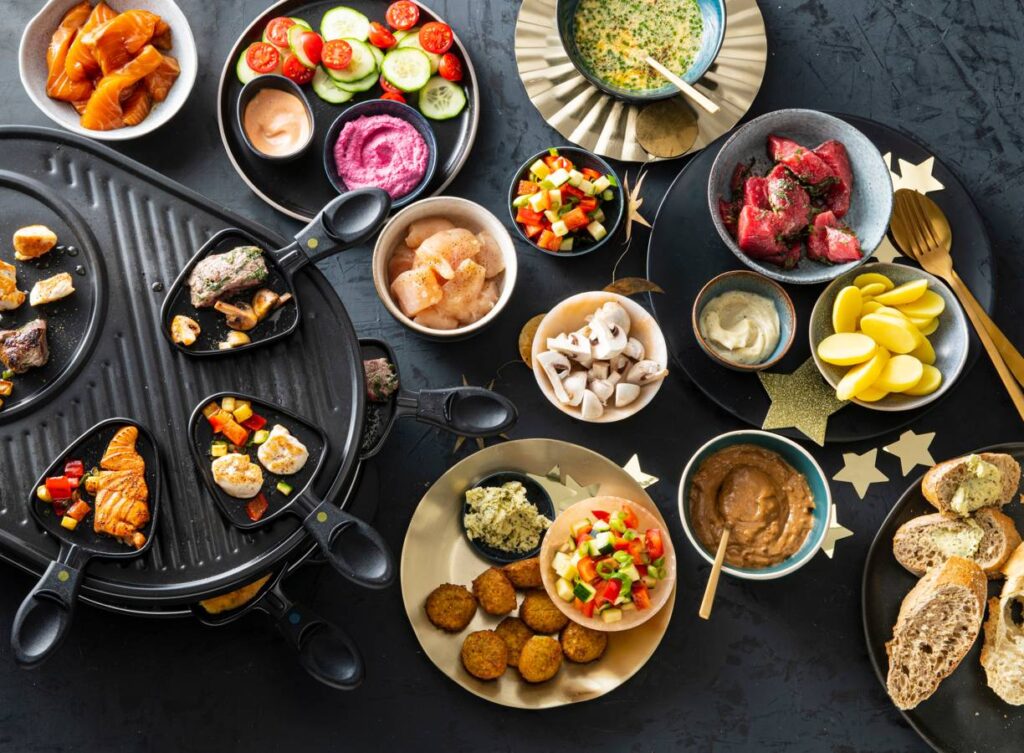
Cultural importance of holidays
In Portugal holidays often blend religious and communal elements. For example, Saints’ festivals (Santos Populares) are celebrated with processions, culinary feasts, and communal gatherings. Secular holidays like Freedom Day (25 Abril) are marked by a deep sense of national pride and historical reflection. Holidays are a time for family gatherings and are often intertwined with local traditions and typical foods, reflecting Portugal’s strong sense of community and culinary traditions. These festivals often include folk traditions, regional food, and local music. In rural regions there is often times a strong connection with agricultural celebrations like the harvest festival (Festa das Colheitas).
Dutch holidays often emphasize national identity, freedom, and community participation. For example, King’s Day is less about celebrating the royal family and more about communal fun, street markets, more urban-focused, with large gatherings in cities like Amsterdam, Rotterdam, and The Hague. Sinterklaas and Christmas are family-oriented, but in a more secular and commercialized way compared to Portugal. The Dutch culture’s emphasis on freedom of expression and individualism is reflected in how these holidays are celebrated more casually, often with less formality or tradition than in Portugal.
Plan in advance
Although there is some overlap in holidays in the Netherlands and Portugal. There are also quite a few differences in dates. Part-time working in NL is very common, in contrast to Portugal where working full-time is the norm. The timing of school holidays vary (Easter in Portugal versus May holiday in The Netherlands). When it comes to planning your nearshore project, we at Obras Technology recommend to schedule and communicate national and local holidays well ahead. This way you avoid unexpected project delays due to mismatch in holidays. This is especially important in the period April-May-June when several Dutch and Portuguese national and local holidays are taking place consecutively.
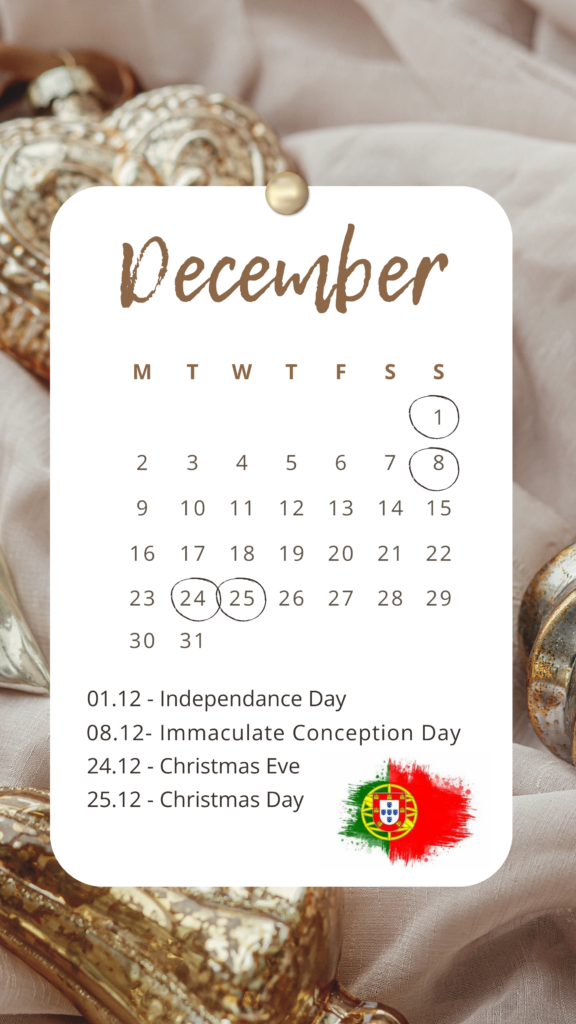
Holiday calendar
Category | Portugal | The Netherlands |
Public Holidays | 13 national holidays | 9-10 national holidays (depending on the year) |
New Year’s Day (1 January) | New Year’s Day (1 January) | |
Good Friday (variable date) | Good Friday (variable date) | |
Easter Sunday (variable date) | Easter Sunday and Easter Monday (variable dates) | |
Freedom Day (25 April) | King’s Day (27 April) | |
Labour Day (1 May) | Liberation Day (5 May, only every 5 years, next in 2025) | |
Portugal Day (10 June) | Ascension Day (variable date) | |
Corpus Christi (variable date) | Whit Monday (variable date) | |
Assumption Day (15 August) | (First) Christmas Day (25 December) | |
Republic Day (5 October) | Second Christmas Day (26 December) | |
All Saints’ Day (1 November) | ||
Restoration of Independence Day (1 December) | ||
Immaculate Conception Day (8 December) | ||
Christmas Day (25 December) | ||
Annual Leave | Minimum 22 working days | Minimum 20 working days |
Total minimum Holidays | 35 days (public holidays + annual leave) | 28-30 days (public holidays + annual leave) |
Regional Variations | Yes, some additional regional holidays (e.g., St. Anthony’s Day in Lisbon) | Yes, some regional variations (e.g., Carnival in certain areas) |

